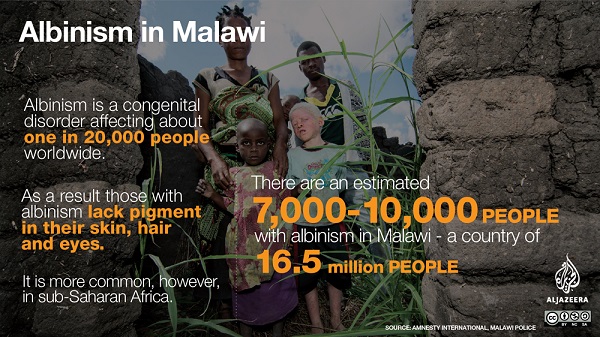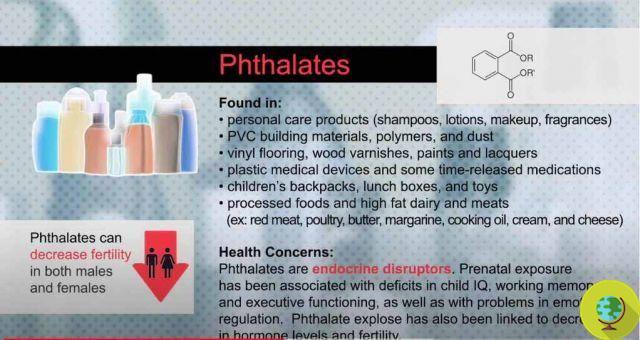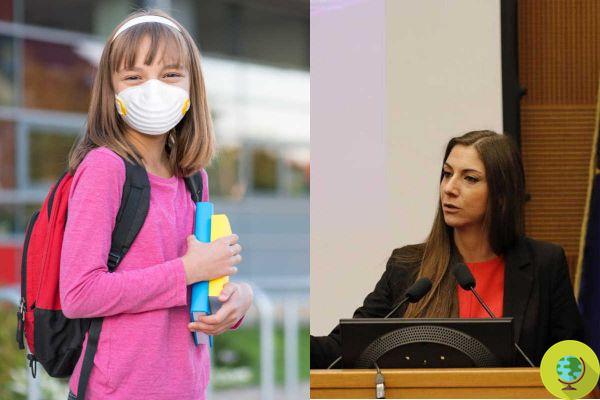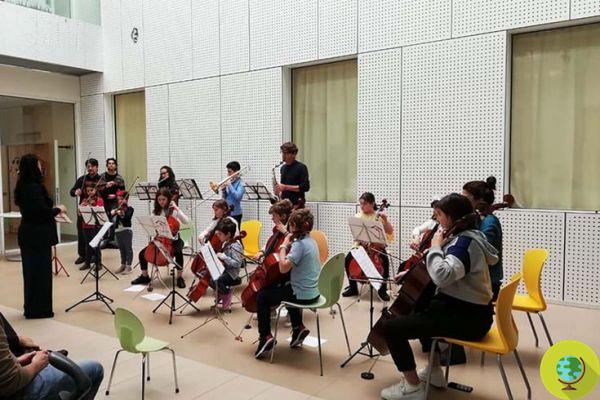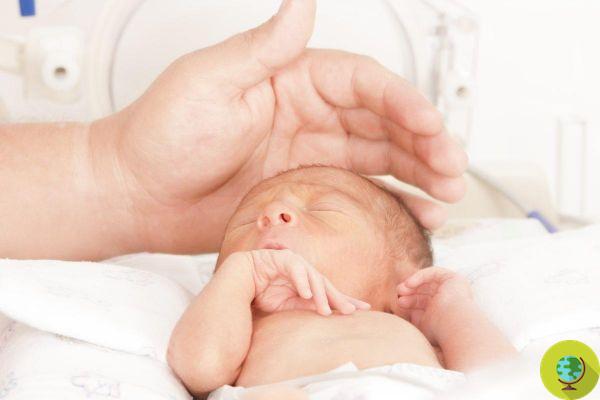
Music written specifically for prematurely born babies would work wonders.
Don't store avocado like this: it's dangerousMusic specially composed for babies born prematurely strengthens the development of their brain networks and can limit any delays in neurological development. A study done in Switzerland is the first in the world to find that listening to sweet melodies produces changes in neuronal connections.
To rediscover the power of music in a new study, researchers from the University of Geneva (UNIGE) and the University Hospitals of Geneva (HUG) have proposed an original solution to help the brains of these fragile newborns develop as well as possible, despite the environment stressful of intensive care.
In Switzerland, as in most industrialized countries, almost 1% of children are born "very prematurely", ie before the 32nd week of pregnancy, which represents around 800 children each year. While advances in neonatal medicine give them a good chance of survival, these babies still remain at high risk of developing neuropsychological disorders.
But now it looks like the music written just for them do miracles.
A systematic review
The neonatal intensive care unit at the HUG welcomes 80 babies born preterm each year, which is between 24 and 32 weeks of pregnancy, which is almost four months earlier than expected for some of them. The vast majority will survive, but half will subsequently develop neurodevelopmental disorders, including learning difficulties, attentional or emotional disturbances.
"At birth, the brains of these babies are still immature, so brain development must continue in the intensive care unit, in an incubator, under very different conditions than when they were still in the mother's womb," explains Petra. Hüppi, professor at the Faculty of Medicine of the University of Geneva and head of the study. The immaturity of the brain, combined with a disturbing sensory environment, explains why neural networks do not develop normally ”.
The Geneva researchers then started with a practical idea: since the neural deficits of premature babies are due, at least in part, to unexpected and stressful stimuli, as well as a lack of stimuli adapted to their conditions, their environment should be enriched. introducing new pleasant sensations. And, since the auditory system is already functioning, music appears to be a good candidate. But what music?
Lara Lordier, PhD in neuroscience and researcher at HUG and UNIGE, explains the process of musical creation: “it was important that musical stimuli were linked to the condition of the child. We wanted to structure the day with pleasant stimuli at the appropriate moments: music to accompany their awakening, music to accompany their bedtime and music to interact during the awakening phases ".
In order to choose instruments suitable for these very young patients, composer Andreas Vollenweider played different types for children and it turned out that what generated most of the reactions was the flute of the Indian snake charmers (the punji). With it, very agitated children would have calmed down almost instantly.
Analyzes were conducted in a double-blind study, with a group of premature babies listening to music, a control group of premature babies, and a control group of full-term babies. The scientists used functional magnetic resonance imaging at rest on all three groups of children. Without music, premature babies generally had poorer functional connectivity between brain areas than full-term babies, confirming the negative effect of prematurity.
“The most affected network is the salience network which detects information and assesses its relevance at a specific time, then creates the link with the other brain networks that need to act. This network is essential, both for learning and performing cognitive activities, as well as in social relationships or emotional management, ”explains Lara Lordier.
In ICU, children are overwhelmed by stimuli unrelated to their condition: doors open and closed, alarms activated, and more. Unlike a full-term baby who, in utero, adjusts his rhythm to that of his mother, the premature baby in the ICU can hardly develop a link to the meaning of a stimulus in a specific context. In studies, neural networks of children who listened to the music of Andreas Vollenweider have improved significantly: the functional connectivity between the salience network and the auditory, sensorimotor, frontal networks is actually increased, resulting in the organization of brain networks more similar to that of full-term infants. The composer has thus written three sound environments of eight minutes each, with pieces of punji, harp and bells.
And now that the children have grown up?
The first children enrolled in the project are now 6 years old, the age from which any cognitive problems begin to be detectable. The scientists will now meet their young patients again to conduct a comprehensive cognitive and socio-emotional assessment and see if the positive outcomes measured in the first weeks of life have been maintained.
In any case, what remains certain is that music is a fundamental emotional support, from the very first cries.
Read also:
- Gestures, rules and habits that children really need to grow up calm and empathetic
- Premature births: this is how preterm birth can affect language development
- Skin to skin with dad: all the benefits for newborns (premature and not)
- Premature babies: here are the cutest superheroes you've ever seen (PHOTO)
Germana Carillo







